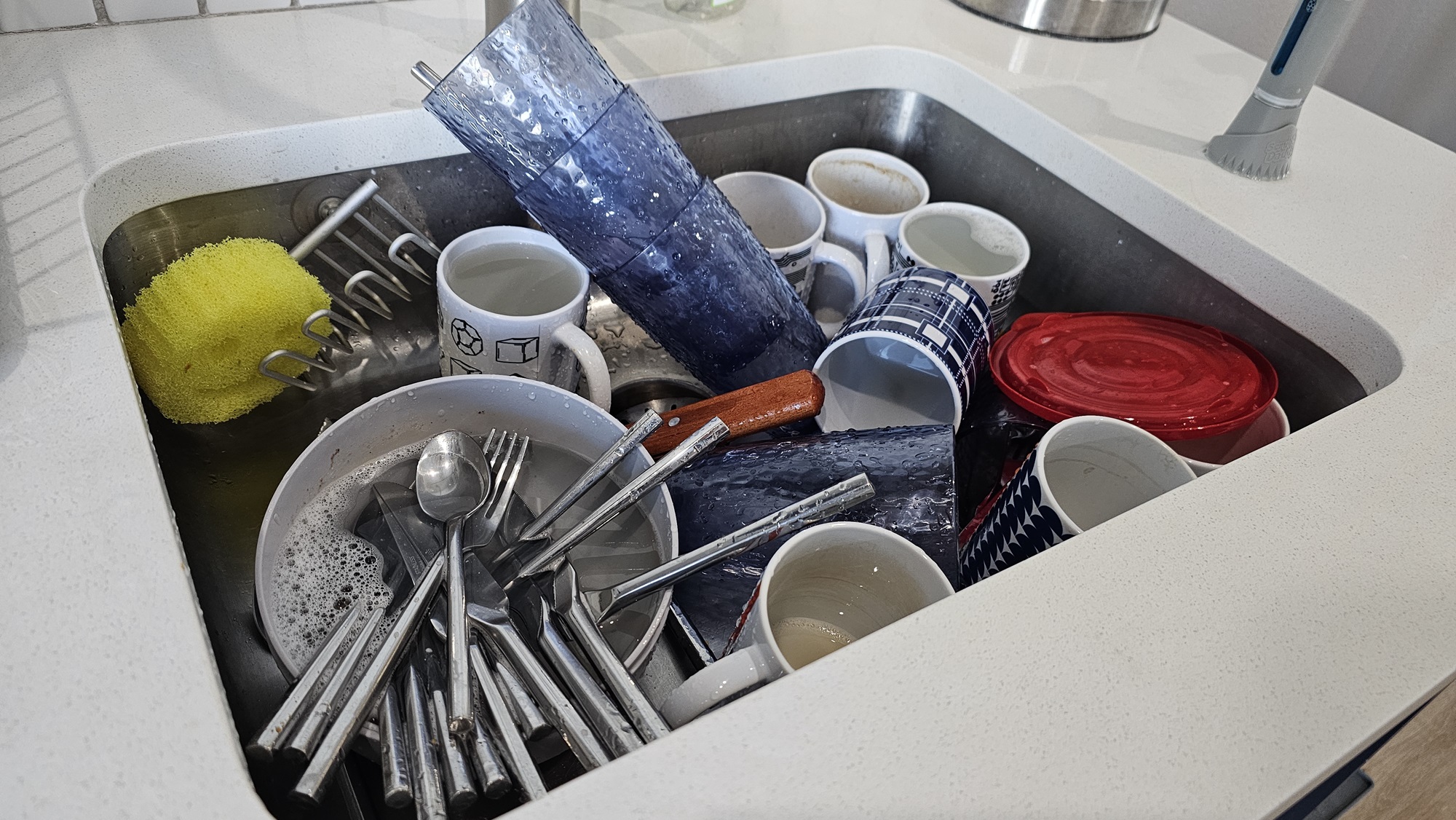The Comprehensive Guide to Understanding and Tackling Drain Clogs

Drain clogs are more than just a nuisance; they can escalate into significant plumbing problems, disrupting the smooth functioning of any household. Recognizing the reasons behind these clogs is the first step towards effective prevention and resolution. In this detailed guide, we will explore the common causes of drain clogs, as outlined by experienced plumbers, and discuss how to prevent and address these issues.
Common Causes of Drain Clogs
- Hair and Soap Scum Accumulation
- Bathroom Drains: Hair, combined with soap scum, is a leading cause of clogs in bathroom drains. Over time, these elements intertwine and stick to the inside of the pipes, creating stubborn blockages.
- Prevention: Regularly clean the drain cover and use a hair strainer. Periodically, flush the drain with a mixture of vinegar and baking soda followed by hot water to dissolve soap scum.
- Food Waste and Grease in Kitchen Sinks
- Kitchen Clogs: The kitchen sink often falls victim to clogs due to improper disposal of food scraps and grease. Grease solidifies in pipes and traps food particles, forming a tough clog.
- Prevention: Avoid disposing of grease and food waste in the sink. Use a compost bin for organic waste and wipe down greasy pans with a paper towel before washing.
- Foreign Objects
- Non-Flushables: Items like sanitary products, cotton swabs, and small toys can easily get lodged in the pipes, leading to serious clogs.
- Prevention: Educate all household members, especially children, about what shouldn’t go down the drain or toilet.
- Mineral Buildup
- Hard Water Issues: In areas with hard water, mineral deposits can accumulate inside pipes, reducing the diameter and causing slow drainage and clogs.
- Prevention: Consider installing a water softener to reduce mineral buildup. Regularly clean your faucets and showerheads to remove mineral deposits.
- Inadequate Venting
- Ventilation Importance: Proper venting is critical for air to enter the plumbing system, ensuring water flows smoothly. Inadequate venting can cause slow drainage and clogs.
- Prevention: Ensure that your plumbing system is properly vented according to building codes. Regular checks by a professional can help identify and resolve venting issues.
- Pipe Scale and Deterioration
- Aging Pipes: Over time, pipes, particularly in older homes, can corrode or accumulate scale, which narrows the passage for water flow and causes blockages.
- Prevention: Regular inspections can identify old or deteriorating pipes. Consider replacing old pipes with newer, corrosion-resistant materials.
- Tree Roots Invasion
- External Pipes: Tree roots are attracted to the moisture in pipes and can invade, causing significant blockages.
- Prevention: Be cautious about planting deep-rooted trees near your home’s sewer lines. Periodic inspections by a plumber can catch and address root invasions early.
- Flushing Inappropriate Items
- Non-Disintegrating Items: Even items labeled "flushable," such as certain wipes, don’t disintegrate as toilet paper does, and can accumulate in the pipes, leading to clogs.
- Prevention: Stick to flushing only toilet paper. Dispose of all other items, including so-called "flushable" wipes, in the trash.
Preventive Measures for a Clog-Free Home
- Drain Strainers: Use strainers in all your drains to catch hair, food particles, and other potential clog-causing items.
- Regular Drain Cleaning: Make it a habit to clean your drains regularly. A simple flush with hot water can prevent oil and grease buildup.
- Professional Inspections: Schedule annual or bi-annual inspections with a professional plumber to assess and address any potential issues in your plumbing system.
Tackling Clogs Effectively
Despite all preventive measures, clogs can still occur. Here’s how to address them:
- Plungers: Often, a plunger can resolve minor clogs. Ensure you have the correct type of plunger for your sink or toilet.
- Drain Cleaners: Use chemical or natural drain cleaners cautiously. Overuse of chemical cleaners can damage pipes.
- Professional Help: For persistent or recurring clogs, professional assistance is necessary. Plumbers have the tools and expertise to resolve the issue without causing further damage.
Conclusion
Understanding the causes of drain clogs is vital in preventing them. Simple habits and routine maintenance can keep your plumbing system running smoothly. However, when faced with persistent or complex clogging issues, it’s always best to consult a professional plumber.
For expert plumbing solutions and preventative maintenance, reach out to Copperfield Plumbing Services.